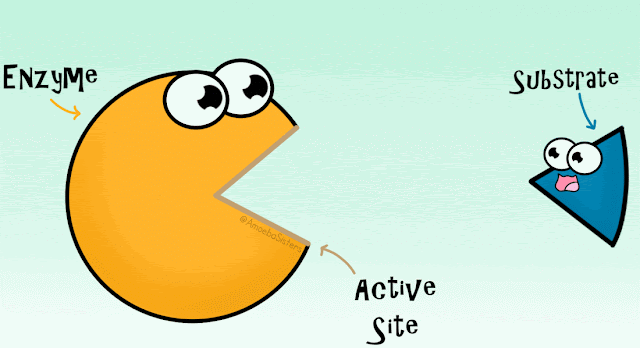Understanding Academic Publishing: A Complete Beginner’s Guide

🎓 Understanding Academic Publishing: A Complete Beginner’s Guide Academic publishing is the backbone of research communication, but the jargon can feel overwhelming: Scopus, Web of Science, quartiles, peer review, ISSN, publishers … 🤯 Whether you’re a new researcher , a graduate student , or just looking for a refresher, this guide will walk you through the essentials in a clear, structured way. 1. 🔍 Indexing Databases: Scopus & Web of Science Think of indexing databases as the Google Maps of research . They help researchers find, evaluate, and trust academic papers. Being indexed in them boosts a paper’s visibility and credibility . ✅ Scopus (Elsevier) 📚 Covers journals, conference proceedings, books, patents. 🌍 Multidisciplinary: sciences, medicine, social sciences, arts & humanities. 📊 Tracks metrics: citations, h-index, journal metrics, author profiles. 🏷️ Maintained by Elsevier . Why it matters: Many universities and funding agencies o...



